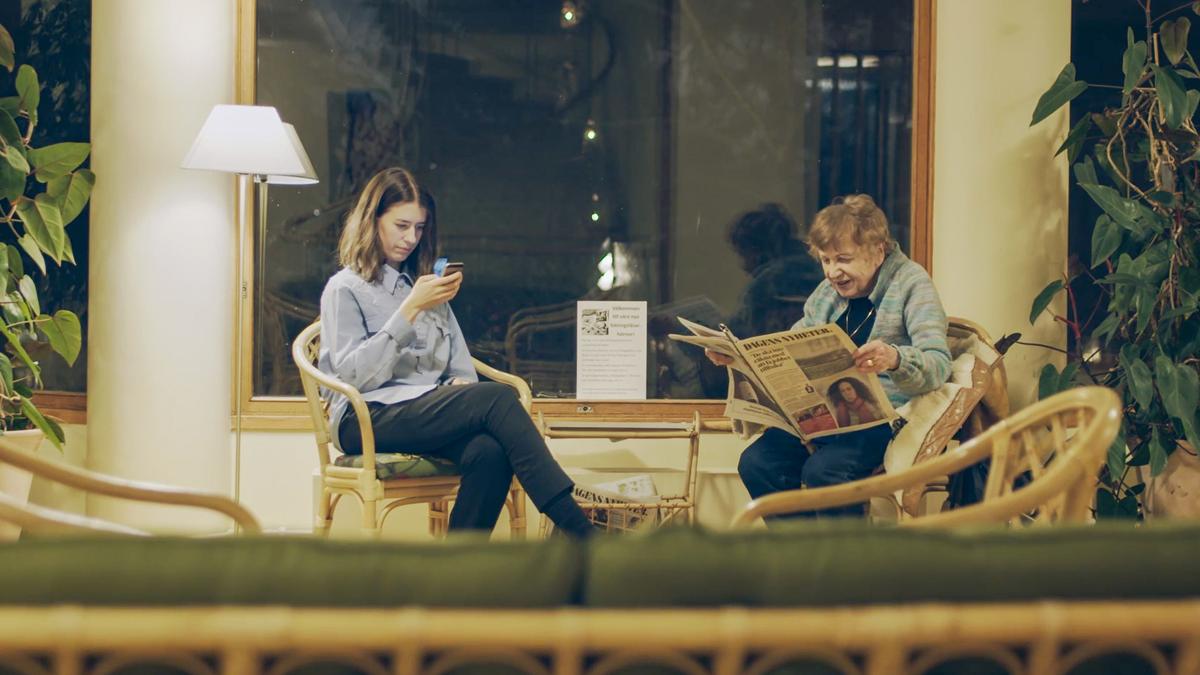
"At the turn of the 20th century, two Swedish sisters - Ingeborg and Gunborg Elfving - dreamt of an existence free from male oppression. In her will, Gunborg requested that a house be built in their names as a safe haven for single women over 35 - a radical act of feminism that resulted in an all-female co-living residence called Elfvinggården on the outskirts of Stockholm."
"Amid a housing affordability crisis in Stockholm, and with the age restriction now removed, younger residents have started moving in, and in larger numbers. Their interpretation of freedom - which can include the company of men - sometimes clashes with the traditional feminism of the community's elders. Exploring these intergenerational dynamics with humour, candour and heart, Rosell's film poses the question: should residents adapt to the space, or should the space adapt to them?"
In the early 20th century Swedish sisters Ingeborg and Gunborg Elfving envisioned a life free from male oppression. Gunborg's will established a house as a safe haven for single women over 35, creating Elfvinggården on Stockholm's outskirts. The original purpose persists after more than 75 years in a community of about 300 women, but tensions have emerged. A housing affordability crisis and removal of the age restriction have brought many younger residents. Younger residents’ broader interpretations of freedom, including socializing with men, sometimes clash with elders' traditional feminism. The situation raises whether residents or the space should adapt.
Read at Aeon
Unable to calculate read time
Collection
[
|
...
]